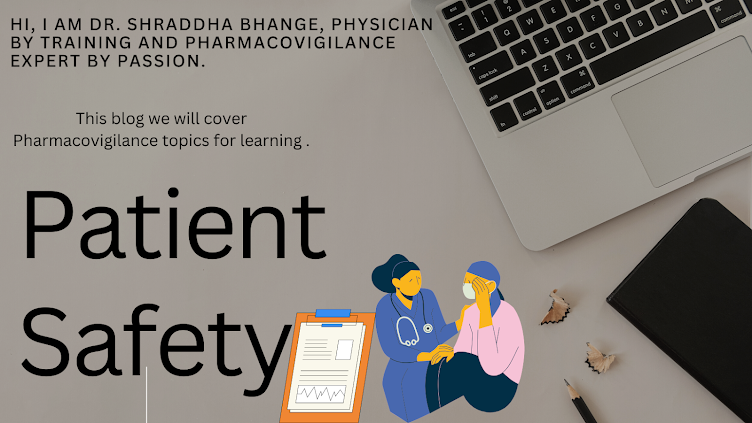Summary of GVP IV Pharmacovigilance audits
Continuing the series on Guideline on good pharmacovigilance practices, in this blog i will jump right into module IV having covered module I , II and III in previous blogs.
This module describes the pharmacovigilance audits why are they conducted, what is the goal, who conducts and when are they conducted.
Overall, the module does go in more and clear details on expectations and its best to read module thoroughly and completely when one has to lead, participate or contribute to an audit themselves.
An audit is an opportunity for they system owners and individuals to identify how cna we prevent any issue/concerns that could possibly impact the process and may lead to impact on product or patients. It is an opportunity to identify if the systems, tools, process and personnel are effective and as per regulations and industry standard.
Here is the link https://www.ema.europa.eu/en/documents/scientific-guideline/guideline-good-pharmacovigilance-practices-gvp-module-iv-pharmacovigilance-audits-rev-1_en.pdf
What is audit?
"An audit is
a systematic, disciplined, independent and documented process for obtaining
evidence and evaluating the evidence objectively to determine the extent to
which the audit criteria are fulfilled, contributing to the improvement of risk
management, control and governance processes".
An audit determines the deficiency in the pharmacovigilance system and its supporting tools so that corrective and preventive actions (CAPA) can be implemented.
When is it conducted?
Audits are conducted based on internal strategy by MAH or agency or NCA. There can be planned audits and for cause audits. The frequency of audit can be determined based on PV systems and requirements. MAH are required to conduct regular audits and also enter major and critical findings along with the CAPA in the PSMF
Who conducts it?
Trained and exert Auditors can only conduct audits. They need to have required skills and trainings. Pharmacovigilance knowledge, skills and abilities as well as Quality standards, knowledge, skills in audit principles, procedures and techniques; and RA applicable laws, regulations as well as processes and systems background; management system and organizational system.
How?
An audit that should be conducted required planned agenda, strategy, objective, sufficient written documentation of each of this and appropriate time to be given to all the stakeholders involved. Audit will involve looking at SOP, Process, interview the personnel, training records etc. An official audit report with written documented findings i.e. critical, major and minor will be released to the owner of PV system.
The owner of the system and process i.e. department heads will then have to populate written responses to each findings with CAPA and timelines.
Written by:
Dr.shraddha Bhange.
Connect with me Via comments below. (I do not respond to Facebook messages)


No comments:
Post a Comment
Please share your suggestions, they are most welcome!